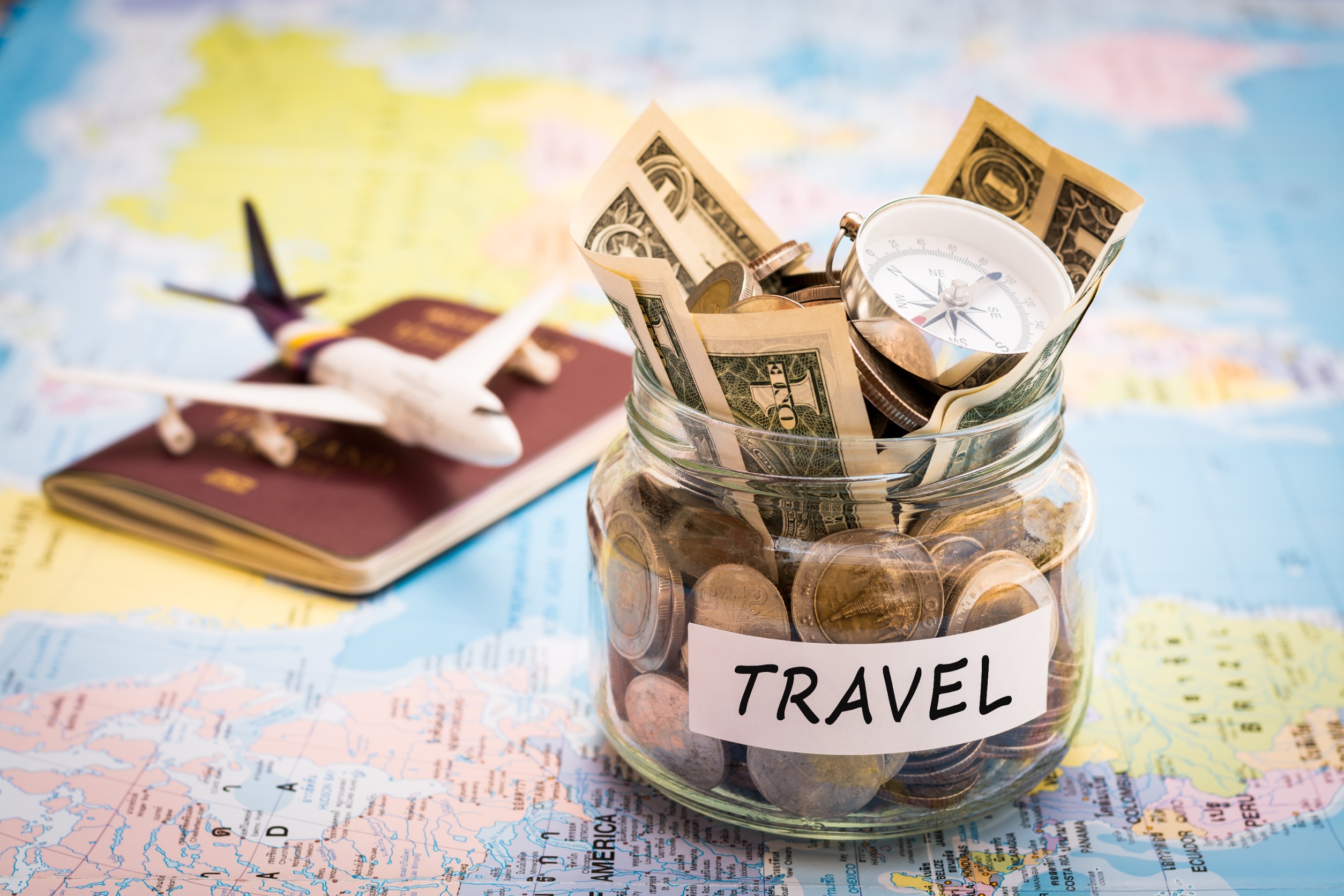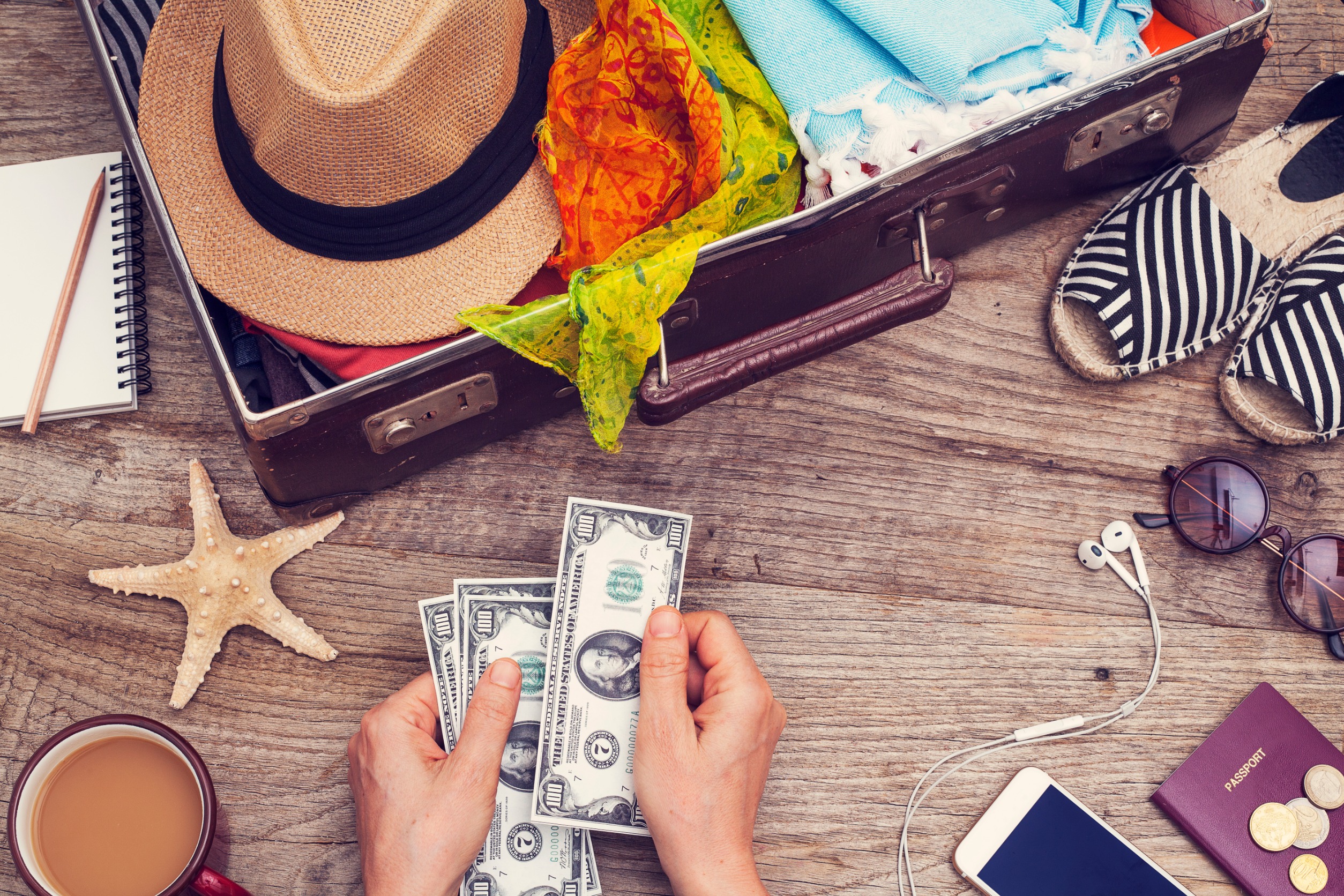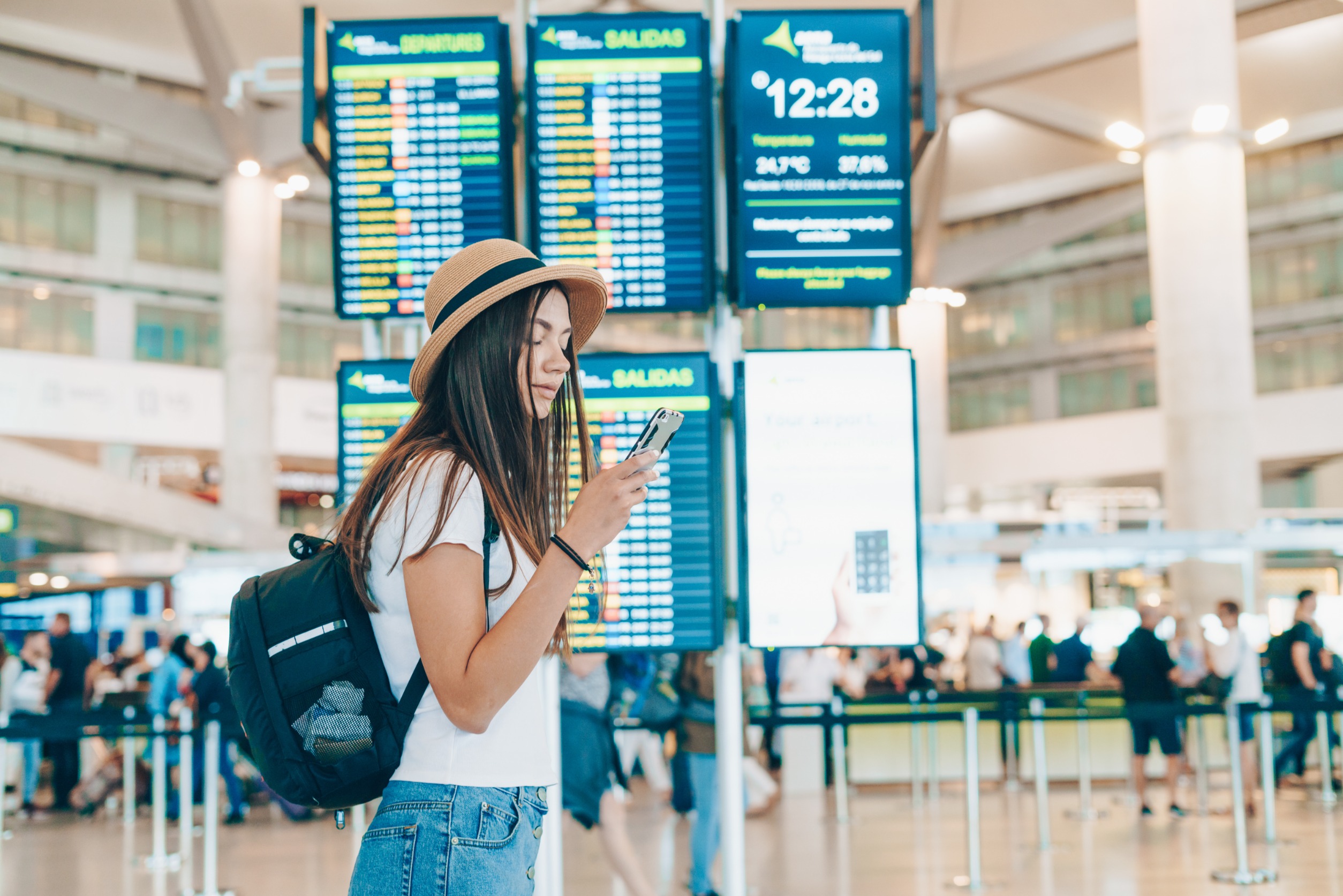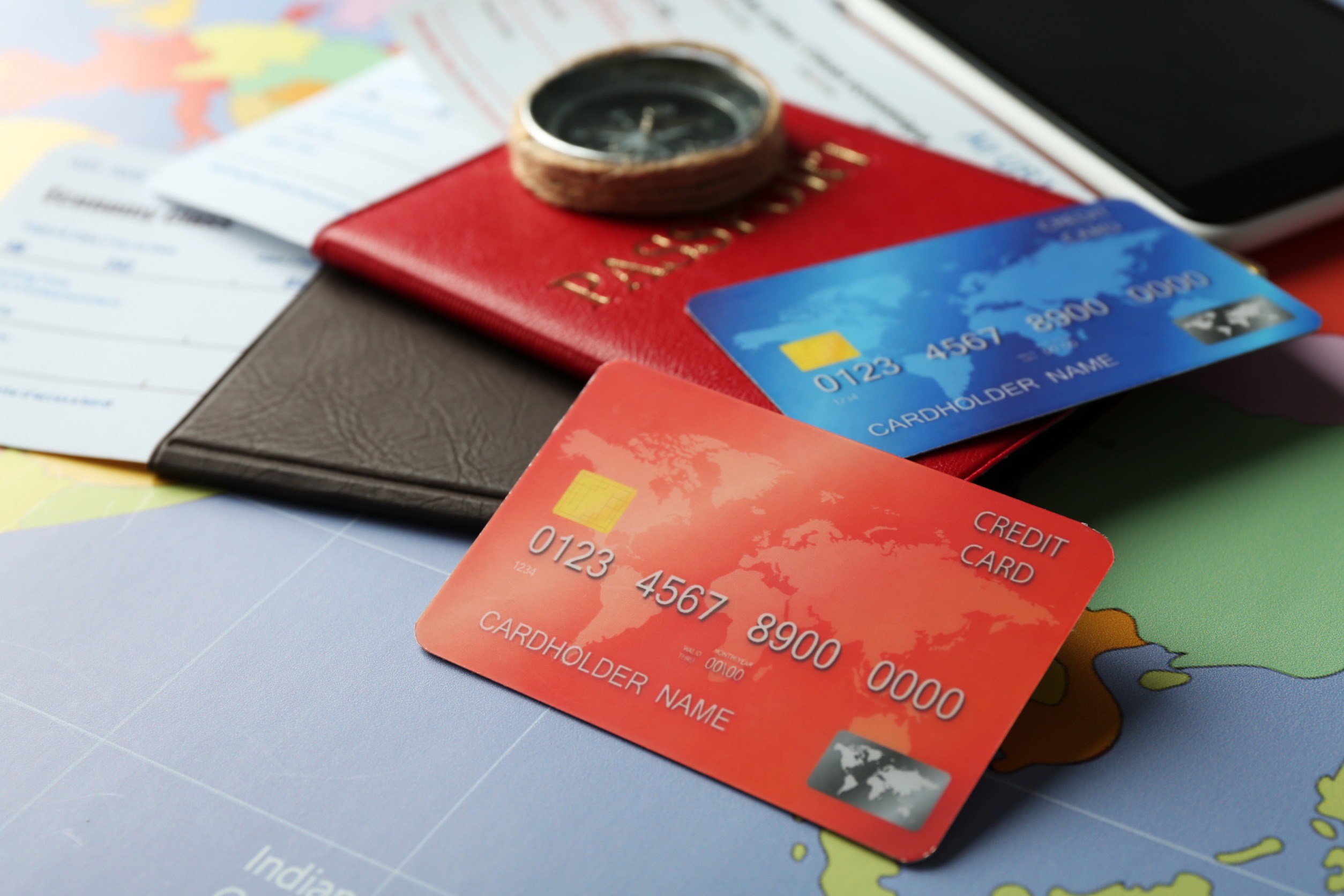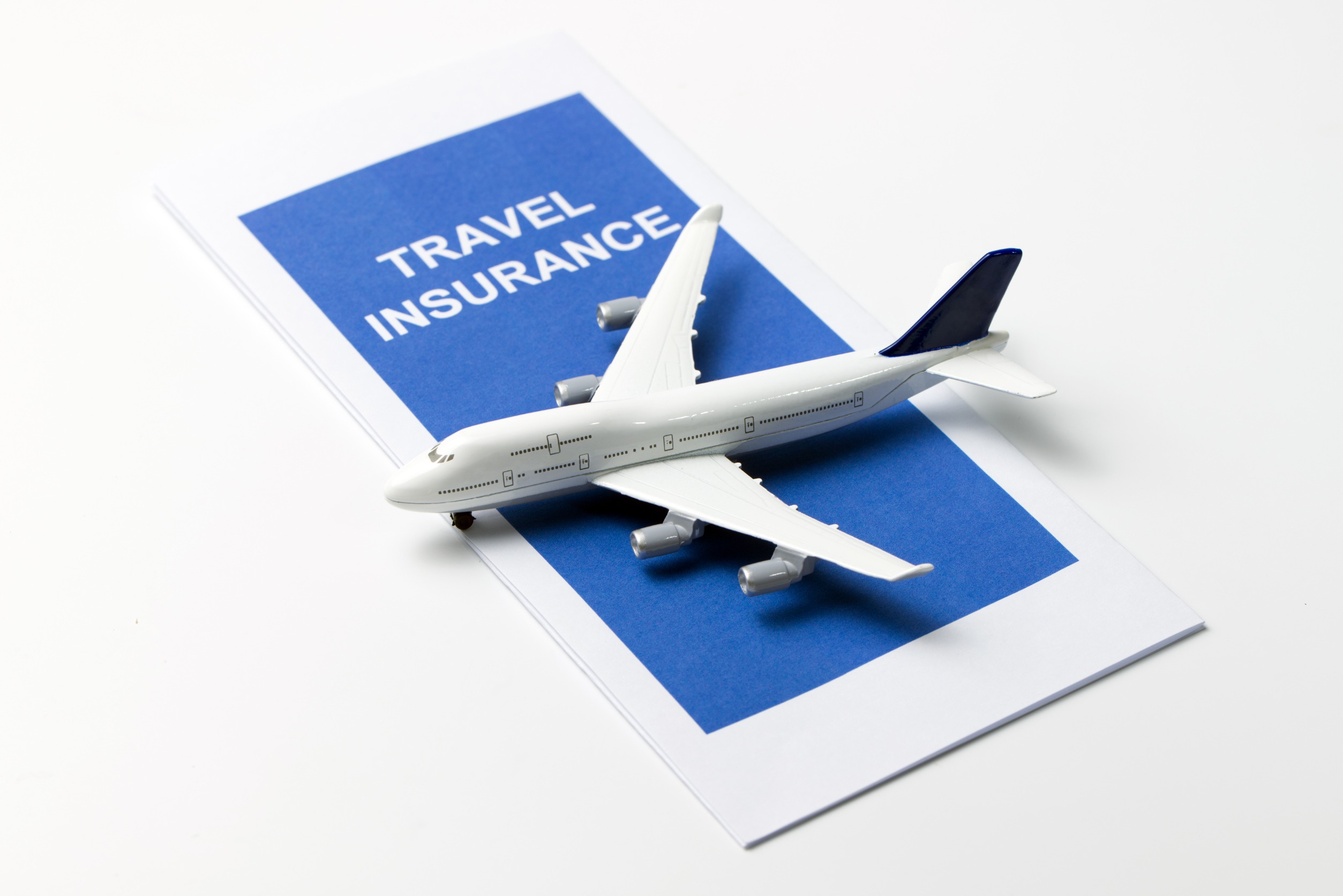Dreaming of exploring the globe without emptying your savings? It’s entirely possible! Traveling on a budget doesn’t mean skimping on experiences; it’s about making smart, informed choices. This guide will walk you through 13 strategic steps to help you travel affordably, letting you discover the world’s wonders without the financial stress.
1. Set a Budget and Stick to It
Before you pack your bags, know your financial limits. Create a detailed budget considering all potential expenses: transportation, accommodation, food, activities, and a little extra for unforeseen costs. Use apps and spreadsheets to track your spending as you go. Staying within your budget will help you avoid financial strain and enjoy your travels more freely. Remember, discipline is key to sustainable travel.
2. Choose Off-Peak Times
Traveling during the off-season can significantly reduce your costs on flights, accommodations, and activities. Tourist spots are less crowded, allowing you to experience destinations more intimately. Research the best off-peak times for your desired destinations, keeping in mind that these vary globally. Sometimes, just shifting your travel dates by a week can cut costs dramatically. Plus, locals are often more relaxed and receptive when they aren’t overwhelmed by tourists.
3. Go Local with Transportation
Using public transport is not only economical but also adds an authentic touch to your travel experiences. Buses, trains, and metros are less expensive than taxis and give you a real glimpse into everyday local life. For closer distances, renting a bike or walking can save money and offer a more intimate exploration of the area. Many cities offer tourist passes for unlimited public transport use over a few days, which can be a great value. Always check for discounts, such as student or group rates.
4. Embrace Alternative Accommodation
Swap expensive hotels for hostels, guesthouses, or Airbnb. These options are not only cheaper but often offer a warmer, more personal experience. Consider locations slightly off the beaten path as they tend to be less expensive. Joining accommodation loyalty programs can also lead to discounts and perks. For the truly adventurous, platforms like Couchsurfing allow you to stay with locals for free.
5. Cook Your Own Meals
Eating out can quickly become one of the biggest travel expenses. Opt for accommodations with kitchen facilities and shop at local markets to cook your own meals. This not only saves money but lets you explore local cuisine authentically. If cooking isn’t an option, choose street food over restaurants—these meals are often delicious, safe, and at a fraction of the cost. Additionally, packing snacks for day trips can help avoid pricey tourist-trap eateries.
6. Find Free Activities
Every destination has a wealth of free activities, from museums with no entry fee days to public parks, historical walks, and beaches. Research in advance to find these opportunities, and plan your itinerary around them. Many cities offer free walking tours—just be sure to tip your guide. Attending local events or festivals can also provide free entertainment and cultural immersion. Sometimes, the best experiences are completely free!
7. Travel Light to Avoid Fees
Airlines often charge hefty fees for checked luggage. Limit yourself to carry-on luggage to avoid these costs and to move around more easily. Packing smart means versatile basics and layering options, adaptable to multiple climates and occasions. Invest in a good quality backpack or suitcase that fits airline regulations. Not only does this save money, but it also saves time at airports.
8. Use Flight Comparison Tools
To find the best deals on flights, use comparison websites like Skyscanner, Google Flights, or Kayak. These tools allow you to compare prices across multiple airlines and choose the cheapest days to fly. Set up alerts for specific routes to catch sales or price drops. Sometimes, flying to smaller airports near your destination can be cheaper. Remember, flexibility with your travel dates and destinations can unlock the best deals.
9. Join Travel Reward Programs
If you travel frequently, sign up for airline and hotel reward programs. Points accumulated can be redeemed for flights, upgrades, or free nights. Credit cards that offer travel rewards can also be beneficial, offering points for everyday purchases. Always pay off the balance in full to avoid interest charges that could negate the benefits. Loyalty can indeed pay off when it comes to travel.
10. Get Travel Insurance
While it might seem like an unnecessary expense, travel insurance is vital for budget travel. It protects against trip cancellations, medical emergencies, and lost luggage, which could otherwise cost a fortune. Shop around for a policy that suits your needs and budget. Sometimes, your credit card or home insurance might offer travel coverage as a perk. Being insured helps avoid catastrophic spending in case of mishaps.
11. Stay Connected for Less
Avoid expensive roaming fees by purchasing a local SIM card or using free WiFi spots. Apps like WhatsApp, Skype, and Facebook Messenger allow you to communicate internationally at no extra cost. If staying connected is crucial, consider a global SIM card or a travel-specific mobile plan. Always ensure that your accommodations offer free WiFi. Staying connected shouldn’t have to come at a premium.
12. Travel with Friends or in Groups
Traveling with others can significantly cut costs through shared accommodations, meals, and transportation. It also adds to the safety and enjoyment of your travels. Group travel often qualifies for discounts on activities and guided tours. Coordinate with friends or join travel groups online to find travel buddies. Shared experiences can enhance your journey and create lasting friendships.
13. Document and Share Your Experiences
Blogging or vlogging your travels can eventually turn into a way to make money through sponsorships, ads, and partnerships. Start by sharing your journey on social media or a personal blog. Engage with a community of travelers online—many are eager to hear about unique, budget-friendly travel experiences. Your insights could help others travel more affordably, and your content might just catch the eye of travel brands.
Savvy Exploring Awaits
Armed with these 13 steps, you’re set to tackle the world without depleting your resources. Traveling cheaply enriches the experience, pushing you to engage with the local culture and environment more deeply than luxury travel ever could. It’s about making memories, not accumulating expenses. So, gear up for your next adventure—it’s going to be economical, educational, and extraordinary. Happy travels on a shoestring budget!
Read More
Free To Explore: 10 Reasons Retired Women Are Traveling Solo
Traveling Boomers: 10 Dream Destinations That Are Trending in Their Bucket Lists

